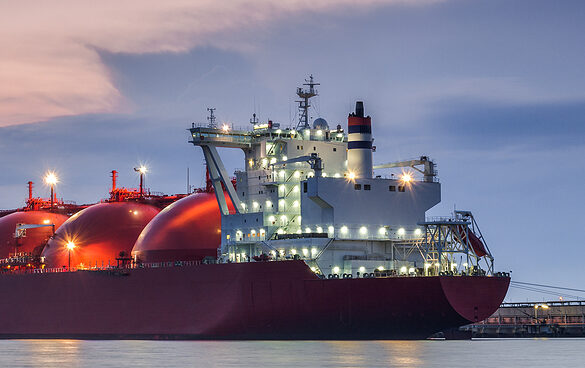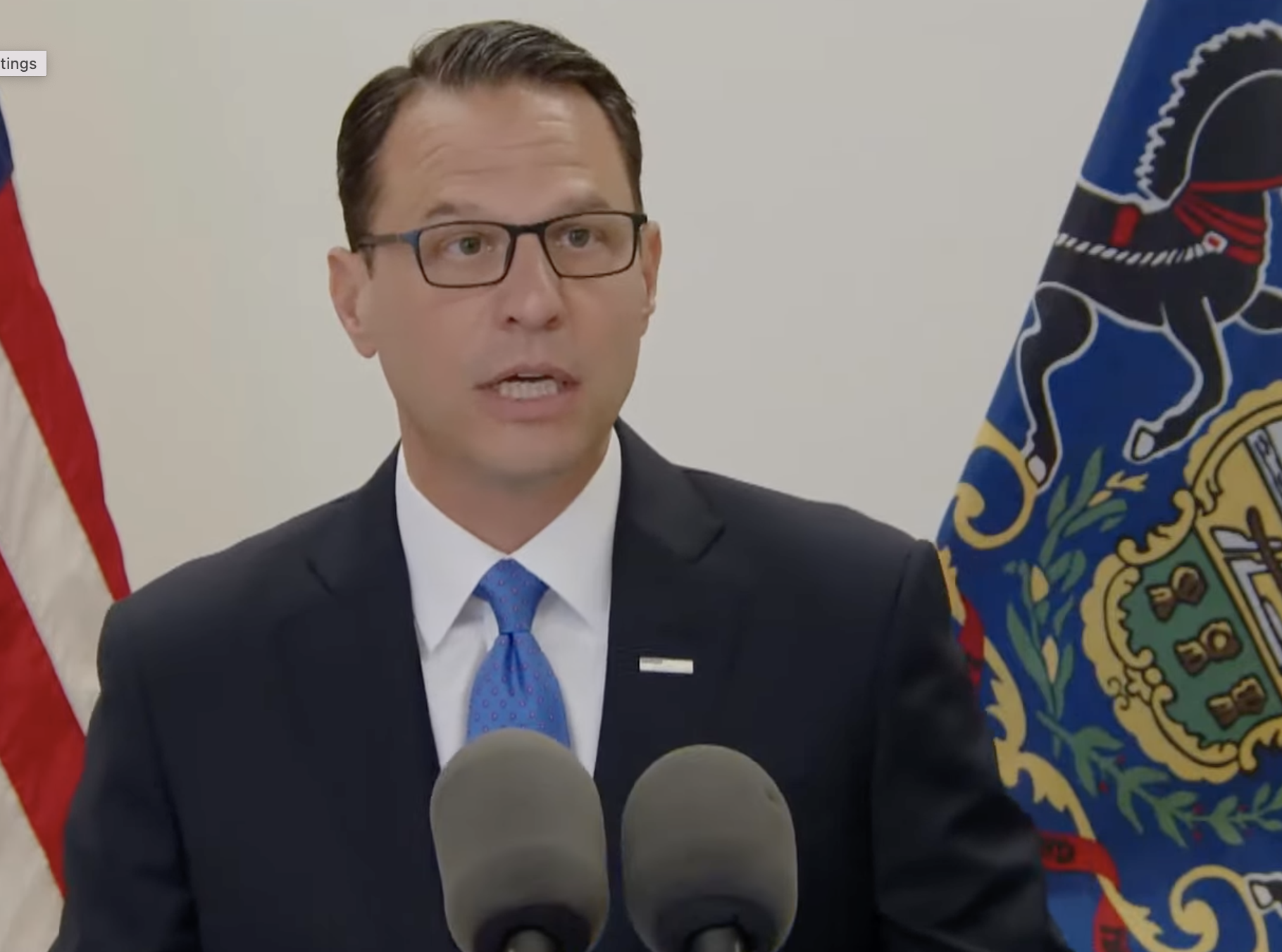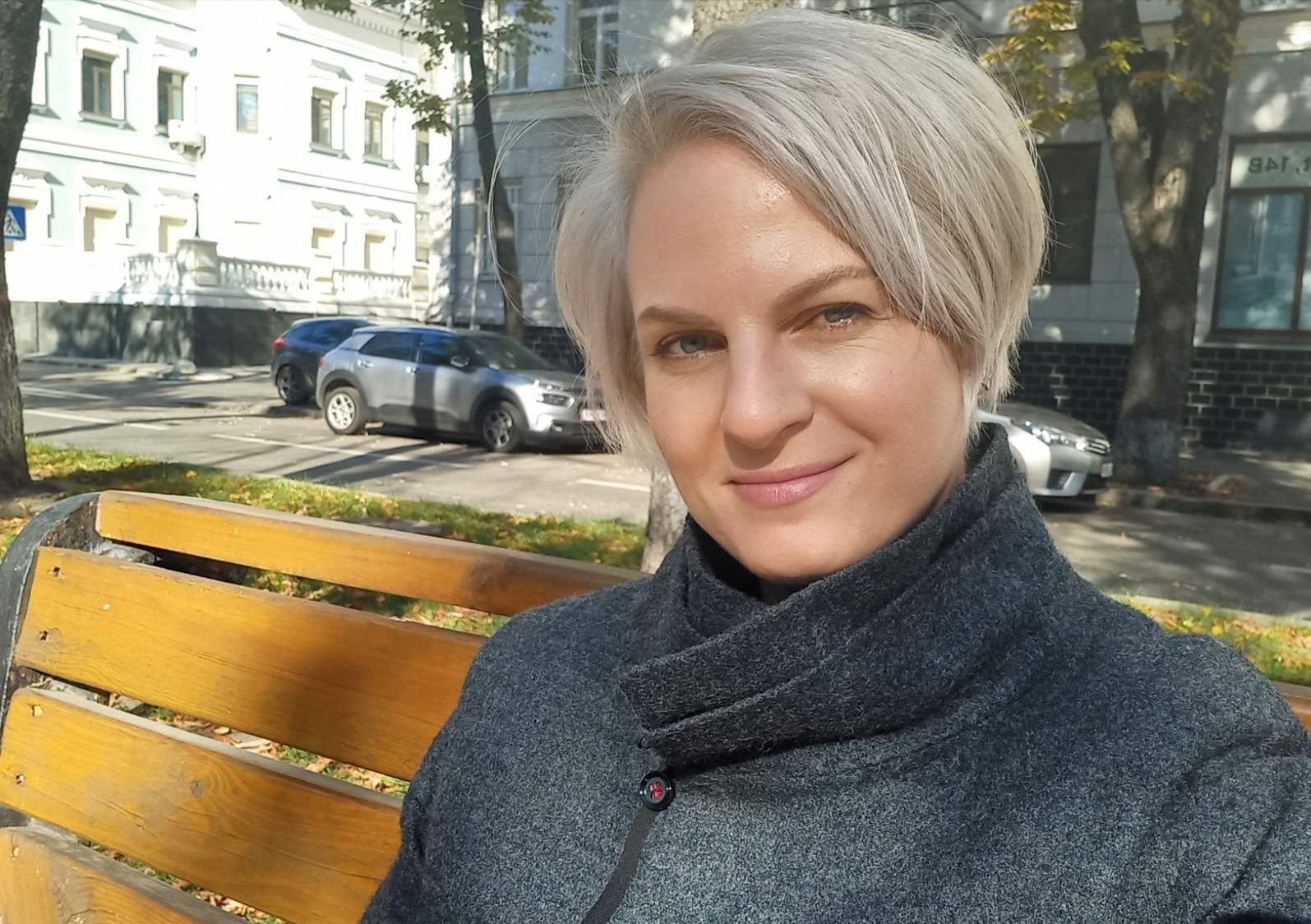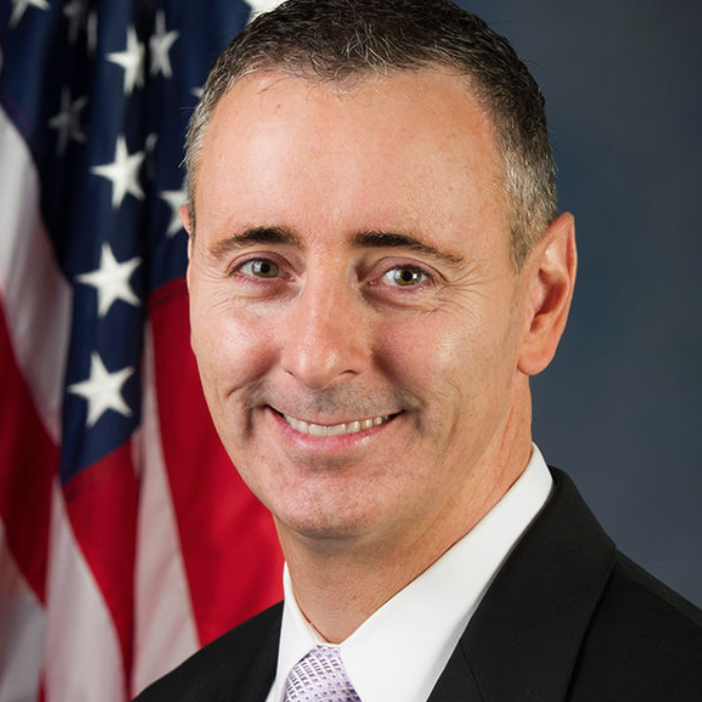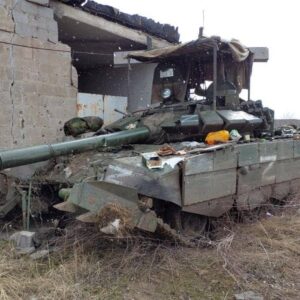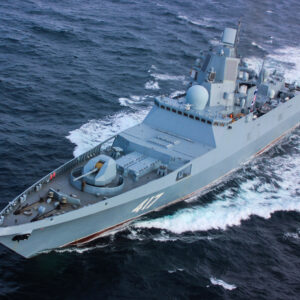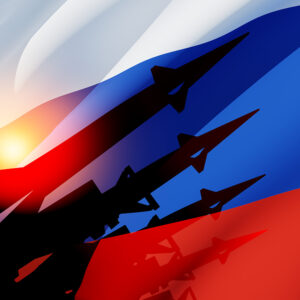Point: How Should We Define This War?
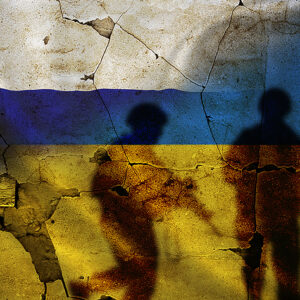
For an alternate view see: “Counterpoint: U.S. Should Turn Ukraine War Over to Its European Allies”
War, it is rightly said, is the realm of uncertainty. This mantra is worth chanting on the looming first anniversary of Russia’s renewed invasion of Ukraine on February 24, 2022. The ways in which Ukrainian president Volodymyr Zelensky and the Ukrainian army have defied predictions have been well cataloged, though perhaps not fully digested in some Western quarters. So, instead of imagining how and when the war will end, it is far better to ask the right questions than to guess at answers.
The most important question is: How should we define this war? Properly understood, the defense of Ukraine is a war cocooned in a larger war to contain Russian imperialist aggression. Should the “hot” Ukrainian war end with Kyiv’s original borders reclaimed, a “colder” contest still would have to be fought in the “gray zones” of information, ideology and influence. It would long continue as the antagonism between liberal Western societies and Russian autocracy is fundamental. Anticipating a “frozen conflict” is wise, although it very much matters where the iceberg begins and whether it continues to shrink or grows again.
Even in the Ukrainian context, a chill has set in that will likely last through the year, as Ukrainians have begun to look past 2023 in their desire to regain full sovereignty. To start with, they realize that modern Western weaponry, though imparting a critical qualitative advantage, will arrive slower, or in sufficient quantity, for a genuinely decisive counteroffensive. While one may hope that President Biden and his cautious advisers have learned that there is a real prospect of Ukrainian success, they have taken too long to do so and still lack the needed sense of urgency in providing the Ukrainian army with the tools required.
By contrast, Russia’s President Vladimir Putin has reacted with greater agility to the opportunity offered by the winter pause on the battlefield. While his tactics have been gruesome — throwing conscripts and convict infantry against Ukrainian lines in the Donbas near the town of Bahkmut — they have exacted a heavy price in Ukrainian manpower. Another Russian innovation has been waves of drone and missile attacks on power grids, other infrastructure and civilian targets. None of these represents a path to the complete victory Putin desires, that being the re-absorption of Ukraine into a revived Russian empire. But he has taken the bloom off the rose of triumphalism that flowered in the wake of the Kharkiv counteroffensive last fall.
Having painted this current dark and bloody portrait, the prospect of a Ukrainian victory seems more distant, but it remains, in fact, real and realizable. The Ukrainian military has lost some of its best and most experienced fighters, but those who come next, with cadres increasingly trained in the West to execute more complex combined-arms campaigns, will arguably enjoy a greater tactical advantage over their enemies. The Russians cannot recruit, equip or train enough competent soldiers and pilots. There is also a widening morale and motivation gap. For Ukraine, this is undeniably a great patriotic war, while despite Putin’s propaganda efforts, it is not that for Russia. Putin cannot overcome his “Fatherland Deficit.”
Ukrainian victory is also highly dependent on continued Western support, and that means, first and foremost, American support. Biden has thus far paced U.S. weapons transfers to remain more or less in step with America’s European allies; he has been especially deferential to the Hamlet-like doubts of German Chancellor Olaf Scholz.
That’s going to be increasingly difficult to do: the Eastern European states who have been most generous in donating their own stocks of Warsaw Pact-era equipment don’t have much more to give, and, as the late kerfuffle over German-made Leopard tanks has shown, neither do the West Europeans.
The European cupboard is bare, and only the United States retains the kind of stockpiles and defense industrial capacity to sustain the effort to build up Ukrainian capability and capacity.
Many critics of Biden’s policy have made a zero-sum argument: support for Ukraine comes at the expense of U.S. interests in East Asia. This is not only a military misunderstanding — the kinds of forces needed for a land war in central Europe differ from those optimal for air-sea operations in the western Pacific — but also a misunderstanding of American strategy. In the realm of uncertainty, this remains a constant: superpowers cannot “pivot,” but must act globally and in the long run.
Please follow DVJournal on social media: Twitter@DVJournal or Facebook.com/DelawareValleyJournal

